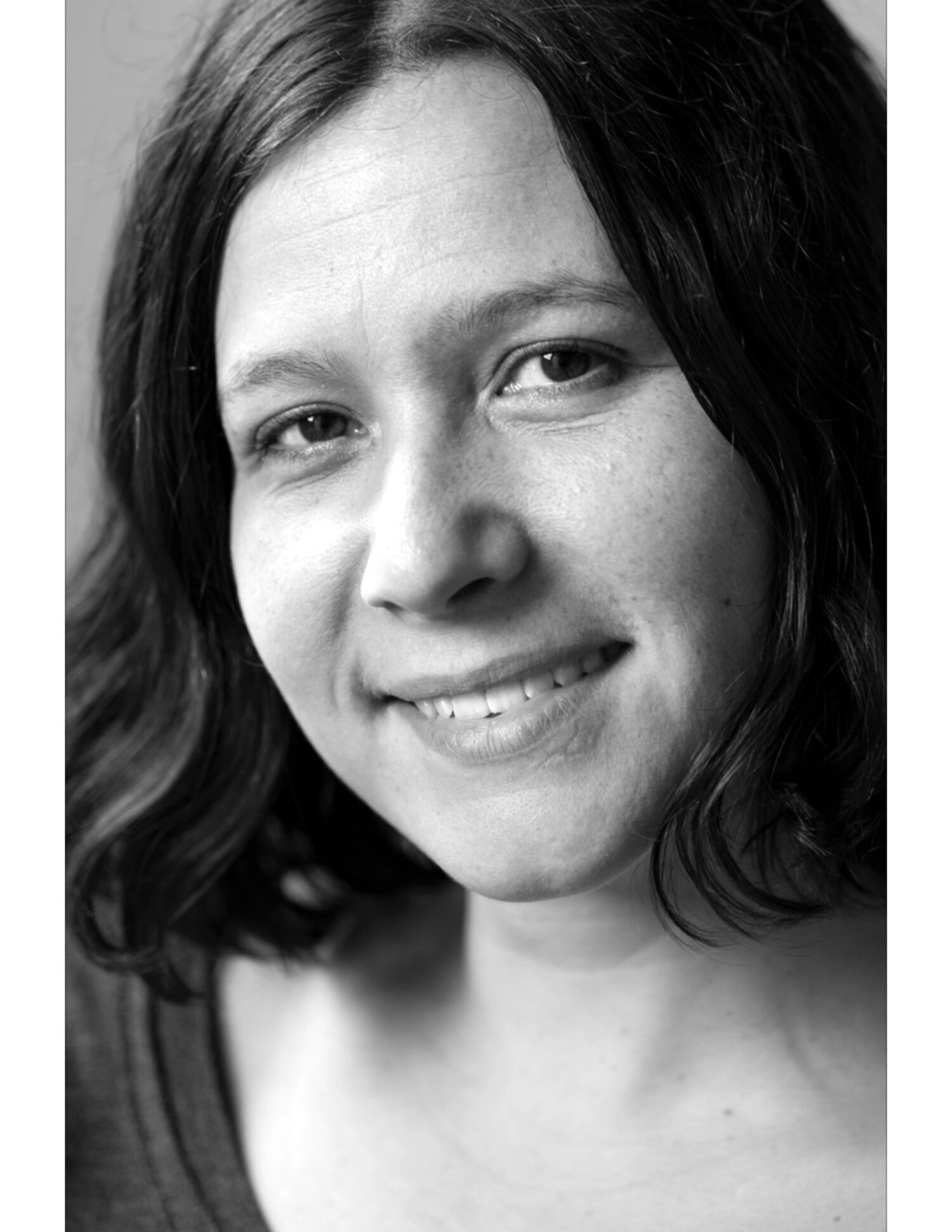2023 JURORS
Billy-Ray Belcourt
Billy-Ray Belcourt is a writer from the Driftpile Cree Nation. He is an Assistant Professor in the School of Creative Writing at the University of British Columbia. He is the author of four books: This Wound is a World, winner of the 2018 Griffin Poetry Prize, NDN Coping Mechanisms: Notes from the Field, longlisted for Canada Reads in 2020, A History of My Brief Body, a finalist for the 2021 Governor General’s Literary Award for Nonfiction and the 2021 Lambda Award for Gay Memoir/Nonfiction, and A Minor Chorus, longlisted for the 2022 Giller Prize.
Lisa Bird-Wilson
Lisa Bird-Wilson is a Saskatchewan Métis and Cree writer whose work appears in literary magazines, newspapers, and anthologies across Canada. Her most recent book, Probably Ruby (2021), is published internationally and was shortlisted for the Governor General’s Literary Award for Fiction, for the Amazon First Novel Award, and won two Saskatchewan Book Awards including Book of the Year. She is chair of the Saskatchewan Aboriginal Writers Circle Inc (SAWCI)/ Ânskohk Indigenous Literature Festival. Lisa lives in Saskatoon and is the CEO of the Gabriel Dumont Institute, Canada’s first Métis post-secondary education and cultural institute.
Warren Cariou
Warren Cariou has devoted much of his career to studying the literature, storytelling traditions and environmental politics of Indigenous communities in Canada, especially in Métis, Cree, and Anishinaabe territories. He was inspired to study Indigenous stories by the example of his late father Ray Cariou, a gifted Métis raconteur. He has published works of fiction and memoir as well as critical writing, and he has also created photography and video projects about Indigenous communities in western Canada’s tar sands region. He is a Professor in the department of English, Theatre, Film & Media at the University of Manitoba.
David Chariandy
David is Professor of English at Simon Fraser University. His first novel, entitled Soucouyant, was nominated for eleven literary awards, including the Governor General’s Award. His second novel entitled Brother won the Rogers Writers’ Trust Fiction Prize, the Toronto Book Award, and the Ethel Wilson Book Prize and recently was made into a feature-length film. His latest work is of creative non-fiction entitled I’ve Been Meaning To Tell You: A Letter To My Daughter. He is a 2019 winner of Yale’s Windham-Campbell Prize for a body of fiction.Whatever it is, the way you tell your story online can make all the difference.
Margery Fee
PhD (Toronto), FRSC, Professor Emerita of English, UBC, specializes in Canadian, post-colonial and Indigenous literatures and Canadian English. She held the David and Brenda McLean Chair in Canadian Studies (2015-2017) to work on early Indigenous oral and literary production. In 2008, as a Distinguished Scholar in Residence, she worked on racialization and genetics at the UBC Peter Wall Institute for Advanced Studies. She edited the UBC journal Canadian Literature from 2007 to 2015.
Otoniya Juliane Okot Bitek
Otoniya Juliane Okot Bitek is an Acholi poet who completed her PhD at the University of British Columbia in October 2019 and is now an Assistant Professor at Queen’s University. Her 100 Days (University of Alberta 2016), a book of poetry that reflects on the meaning of memory two decades after the Rwanda genocide, was nominated for several writing prizes including the 2017 B.C. Book Prize, the Pat Lowther Award, the 2017 Alberta Book Awards, and the 2017 Canadian Authors Award for Poetry. It won the 2017 IndieFab Book of the Year Award for poetry and the 2017 Glenna Luschei Prize for African Poetry. Otoniya’s recent book, A is for Acholi, was released in September 2022.
Madeleine Reddon
Madeleine Reddon is a member of the Métis Nation of Alberta and an assistant professor at Loyola University of Chicago. Recent publications from Dr. Reddon include “Indigenous Modernism: Dehabituating Reading Practices,” an article in Canada and Beyond: A Journal of Literary and Cultural Studies, and "Paranormal Encounters: Notes on Indigenous Horror," a chapter in Global Horror: Hybridity and Alterity in Horror Film. Her research interests include global avant-garde and modernist literatures, Indigenous studies, critical nationalisms, and psychoanalysis.
June Scudeler
After completing her PhD at the University of British Columbia in 2016 Metis scholar June Scudeler began a position at Simon Fraser University. In 2022 she will complete her role as co-editor of the journal, Studies in American Indian Literature.
Photo: Xinyue Liu
Niigaanwewidam James Sinclair
Dr. Niigaanwewidam Sinclair is Acting Department Head of the Department of Indigenous Studies at the University of Manitoba. He is a regular commentator on CBC, CTV, and APTN regarding current Indigenous issues and has helped organize Idle No More Winnipeg events. Besides a creative writer, he has co-edited three award-winning collections: Centering Anishinaabeg Studies: Understanding the World Through Stories, Manitowapow: Aboriginal Writings from the Land of Water, and The Winter We Danced: Voices of the Past, the Future, and the Idle No More Movement. Whatever it is, the way you tell your story online can make all the difference.
Matthew Tétreault
Dr. Matthew Tétreault is Métis and French-Canadian from Ste. Anne, Manitoba. He recently completed his PhD on Métis literary history, in the Department of English and Film Studies, at the University of Alberta, where he was selected to receive the Governor General’s Gold Medal for his dissertation and academic record. Matt is also the author of a collection of short stories, What Happened on the Bloodvein (2016). His first novel, Hold Your Tongue, is due out in the spring of 2023 with NeWest Press.Whatever it is, the way you tell your story online can make all the difference.
Richard Van Camp
Richard Van Camp is a proud Tlicho Dene from Fort Smith, NWT. He is the best-selling author of 26 books. His novel, Three Feathers (2015), is now a feature film with First Generation Films and you can watch it on CBC Gems and Amazon. You can visit Richard on Facebook, Twitter, SoundCloud, YouTube and at www.richardvancamp.com
Photo: William Au
Katherena Vermette
katherena vermette (she/her/hers) is a Red River Métis (Michif) writer from Treaty 1 territory, the heart of the Métis Nation. She has worked in poetry, novels, children’s literature, and film.
Born in Winnipeg, Manitoba, Canada, her father’s roots run deep in St. Boniface, St. Norbert and beyond. Her mother’s side is Mennonite from the Altona and Rosenfeld area (Treaty 1).
vermette received the Governor General’s Literary Award for Poetry for her first book, North End Love Songs (The Muses’ Company). The Break (House of Anansi) won several awards including the Amazon.ca First Novel Award, and was a bestseller in Canada. Her National Film Board documentary, this river won the Canadian Screen Award for Best Short. She holds a Master of Fine Arts from the University of British Columbia.
Her second novel, The Strangers (Hammish Hamilton) won the Atwood Gibson Writers Trust Fiction Prize and was named Chapters Indigo’s Book of the Year 2021. It was also longlisted for the Giller Prize.
katherena lives with her family in a cranky old house within skipping distance of the temperamental Red River.
Eldon Yellowhorn
Dr. Yellowhorn is Piikani and has family and cultural ties to the Peigan Indian Reserve. His Piikani name, Otahkotskina, which translates as Yellow Horn, has been in the family for generations. His early career in archaeology began in southern Alberta where he studied the ancient cultures of the plains. Dr. Yellowhorn is a Professor at Simon Fraser University and the Founding Chair of the Department of Indigenous Studies.












